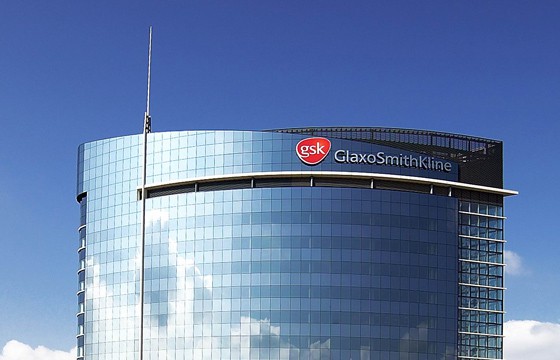
The EU’s Committee for Medicinal Products for Human Use (CHMP) has recommended approval of what could become the first corrective ex vivo gene therapy for children anywhere in the world.
GlaxoSmithKline (GSK) got the green light from the CHMP for Strimvelis (GSK2696273) as a treatment for rare disease ADA-SCID – severe combined immunodeficiency due to adenosine deaminase deficiency – which is also known as ‘bubble boy’ disease.
The stem cell gene therapy is created from CD34+ cells harvested from the ADA-SCID and modified to express adenosine deaminase. The modified cells are re-introduced into the patient and correct the deficiency.
Strimvelis is being developed for use in patients who have no matched stem cell donor available. In general only about 30% of people who need a donation of stem cells can find a matched donor from their family. Using donated cells also carries a risk of graft-versus-host disease, which is bypassed using GSK’s therapy.
The ADA-SCID therapy’s marketing application is based on testing in 18 children who received a single dose of Strimvelis and are all alive today after a median follow-up of seven years. The survival rate in a comparator group of 17 patients was 82%.
For now, GSK is not discussing its pricing plans for Strimvelis but has said it will be substantially less than the $1m charged by UniQure for Glybera (alipogene tiparvovec), currently the first and only gene therapy to be approved in the EU.
Other decisions
Other positive opinions adopted by the CHMP included a conditional marketing authorisation for Darzalex (daratumumab), Janssen-Cilag’s new candidate for relapsed and refractory multiple myeloma, which was approved in the US last November.
Originally developed by Genmab, the first-in-class anti-CD38 monoclonal antibody has been approved for use in patients whose previous treatment included proteasome inhibitor Takeda’s Velcade (bortezomib) and an immunomodulatory agent like Celgene’s Revlimid (lenalidomide).
Amicus Therapeutics got a green light from the CHMP for Galafold (migalastat) as the first oral treatment for Fabry disease, which is caused by a deficiency in alpha-galactosidase A. The drug could offer a patient-friendly alternative to injectable Fabry therapies such as Sanofi/Genzyme’s Fabrazyme (agalsidase beta) and Shire’s Replagal (agalsidase alfa).
The positive opinion marks a turnaround for migalastat, which had been licensed to GSK but saw rights returned to Amicus after a failed phase III trial in 2013.
Meanwhile, an intranasally-delivered pandemic influenza vaccine developed by AstraZeneca was also backed by the CHMP. P/LAIV is intended for the prevention of influenza in an officially declared pandemic in children and adolescents from 12 months to less than 18 years of age.
This is the first pandemic live attenuated influenza vaccine against avian influenza (H5N1) to be recommended for approval in the EU, according to the CHMP.
Among other opinions was a recommendation for approval of a biosimilar version of Janssen/MSD’s Remicade (infliximab) – Samsung Bioepis’ Flixabi – and an update to the label for Bristol-Myers Squibb’s Opdivo (nivolumab) to include its use alongside the company’s Yervoy (ipilimumab) in the treatment of malignant melanoma.




